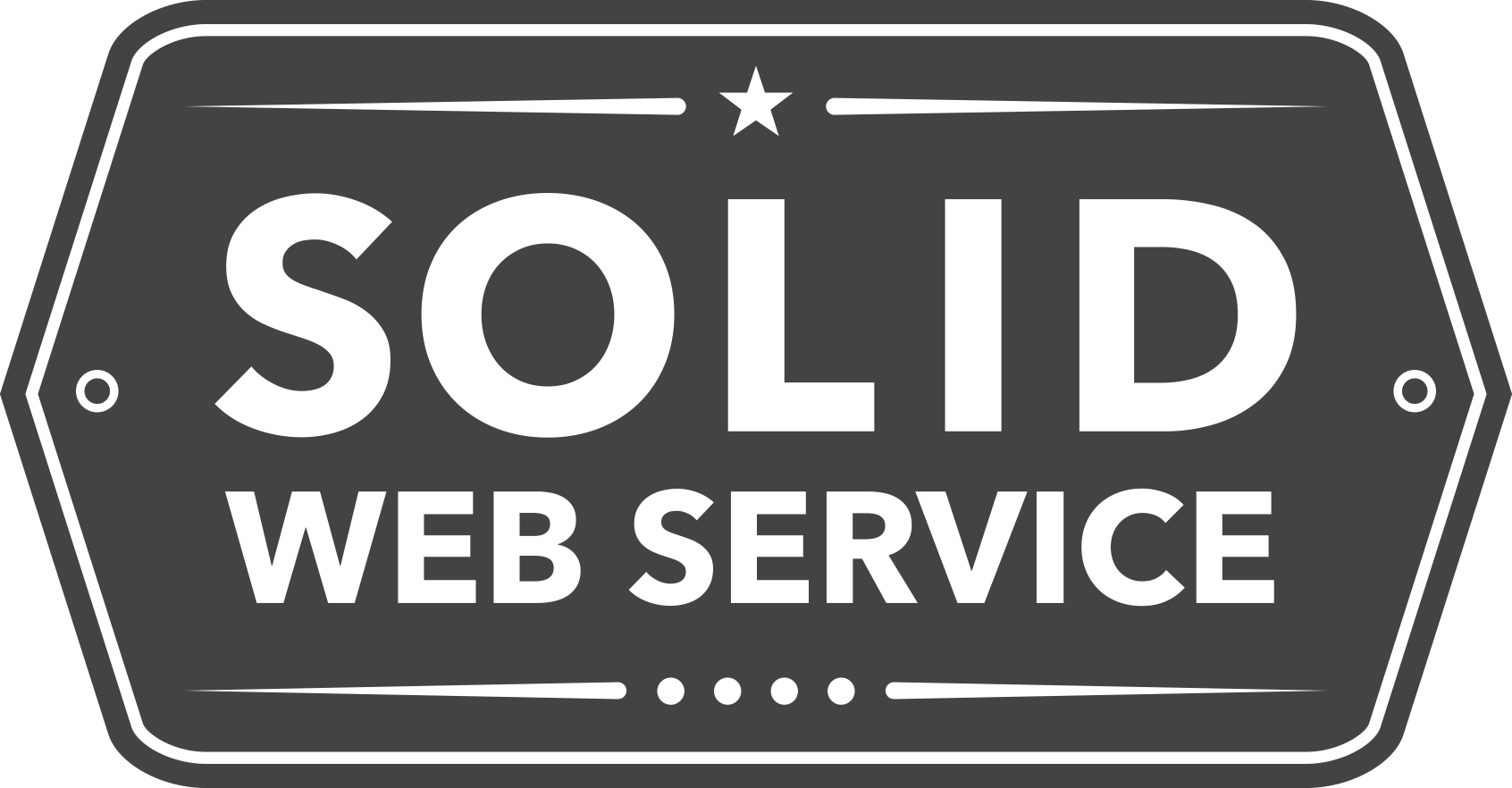“How can a website generate business for me?” It’s not unusual for business owners to be skeptical that their website can generate significant amounts of new business. Rather than trying to convince them, I suggest they think of their site as though it were their most reliable sales person. Then the conversation shifts towards how a website can be trained to generate leads.
- Define your target audience for each section of your site: A lot of bad websites are just like bad Sales Reps; “they show up, and throw up”. Rather than having a website babbling-on about features that may not apply to your prospect, you should think long and hard about the audience with whom you’ll be speaking before you craft your message. You’ll have multiple visitors to your site looking for very different information. Your home page should guide your traffic with viewing paths, (think signs on the interstate) that will guide your visitor to the section appropriate for them. Once you’ve narrowed down the audience by directing them to the right section, you can craft the right content that will deliver a finely tuned message. You wouldn’t want to discuss the features, advantages and benefits of your key products to someone who is interested in applying for a job, right? Defining the target audience for a site section can be complex. Consider everyone who might visit your site and their main concerns.
- Speak to your customer, not (only) the search engines: Do you hate trying to do business with a Sales Rep that insists on speaking in industry jargon and acronyms? So do your customers. To rank well with search engines, your website needs up-to-date, relevant information written with terms your visitor uses and understands. While technical terms may perform well in search results, it may turn-off your human visitors. Great content satisfies the search engines while first providing information real people will find interesting and helpful.
- Tell your story (And no, you don't have to call it a "blog"):
A blog is a great way to present less formal data that will interest your potential customer. Regular, well written blog posts will position you to “meet” your customer as they research problems and hunt solutions online. This is your chance to show your depth of industry knowledge in a conversational tone. Besides, blogs crush with Google. According to Hubspot, companies that blog get 55% more web traffic and 70% more leads than those that don’t”. Those are hard numbers to ignore.Provide fresh, timely, in-depth information on your website.
“Companies that blog get 55% more web traffic & 70% more leads than those that don't.”
- Create easy ways for visitors to take action: I don’t know about you, but I get very frustrated when a company makes it hard for me to give them my money! As obvious as this sounds, your website should make it easy for buyers to take “the next step” with a prominently displayed call to action. A call to action is a link or graphic that takes people to the information or action they want, usually through a conversion or landing page. For an example of a call to action, just email us a question. See how easy that is?
- Land business with landing pages: Landing pages, also called conversion pages, allows prospects to download whitepapers, case studies, e-books, etc. in exchange for some basic (yet priceless) information. A well-written whitepaper or case-study can laser-qualify your leads. A client who offers industrial insulation doesn’t want phone calls generated from their website for residential insulation. So qualified traffic starts with smart content and conversions. Just putting a “contact us” link or form on your website isn’t enough. A thoughtful landing page explains your features, advantages and benefits, while encouraging qualified prospects to take action.
- Enough about me, what about you? Just like cheesy sales reps, many websites make the mistake of yammering on about themselves, their products or services. Before you break your arm patting yourself on the back, consider that effective consultants focus on the client first. Your site should state your value proposition for your textbook client. Sure you’ve got products or services; but so do all of your competitors. What puts you an arm’s length ahead of the pack? Tell stories that project the benefits your clients receive when they choose you over someone else.
Contact SOLID Today!
Now that you know what an SSL certificate is and how to spot one, you can make sure your web browsing and website are protected from the most common threats.
Have questions or are interested in securing your website? Contact SOLID for a free evaluation of your site and your online business strategy.
Let’s Talk About It!
SSL CERTIFICATE
SSL CERTIFICATE
SSL CERTIFICATE
SSL CERTIFICATE
